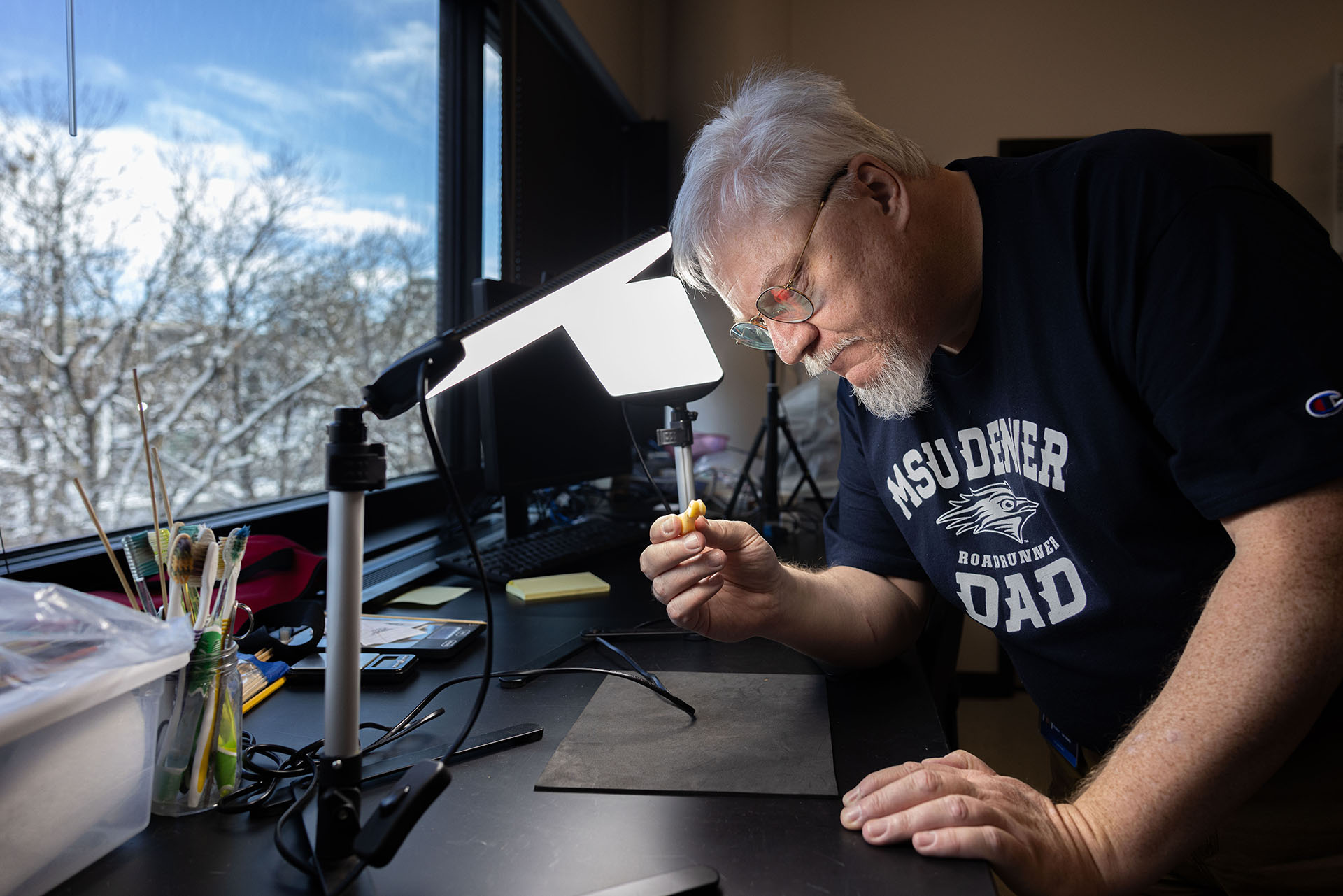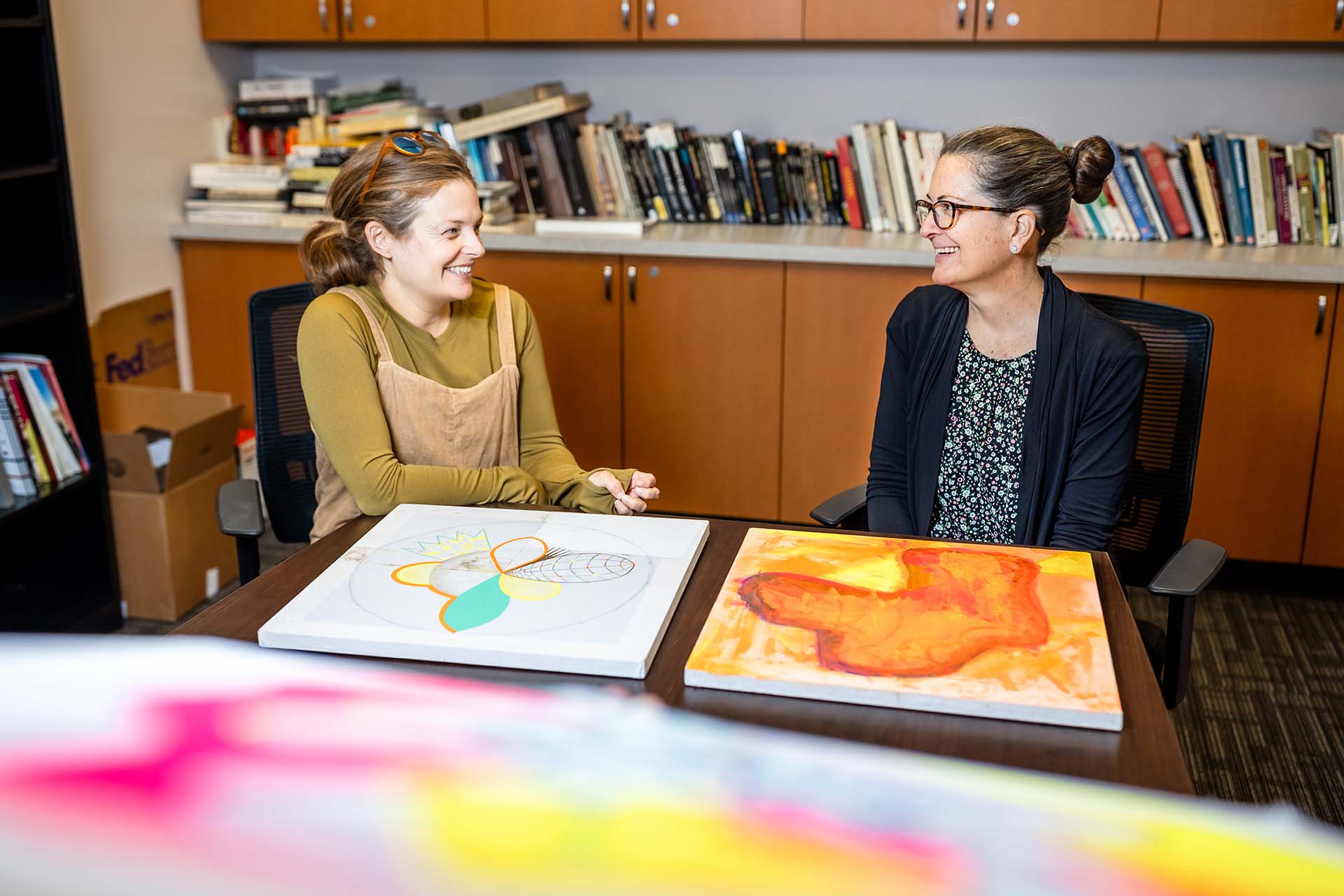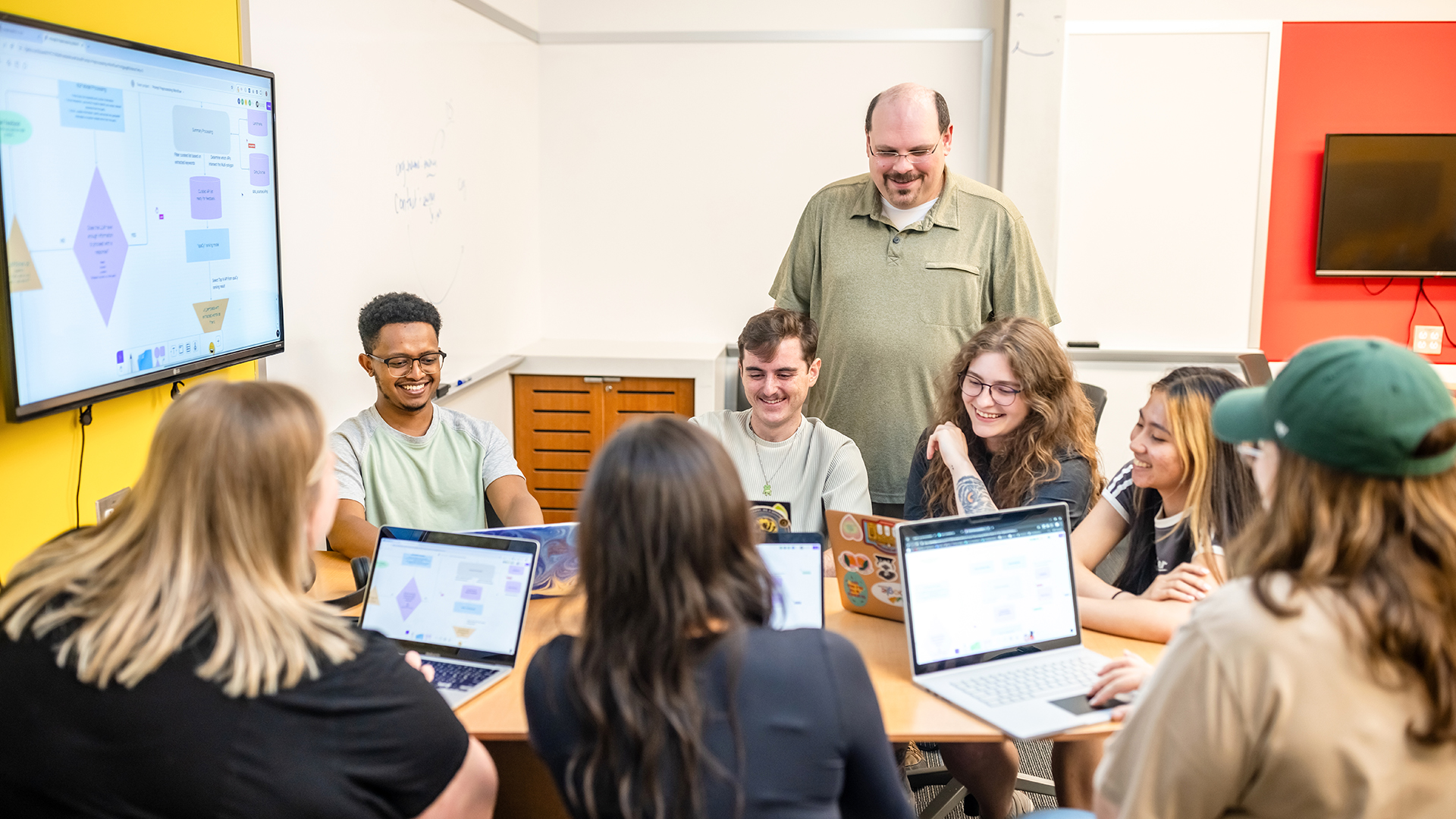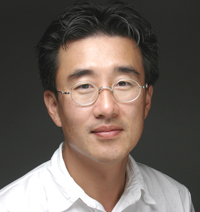Hands-on at Ball Aerospace
An internship with the Colorado-based spacecraft maker put Steven Finch on the path to a successful career. It also saved the company more than $1 million.
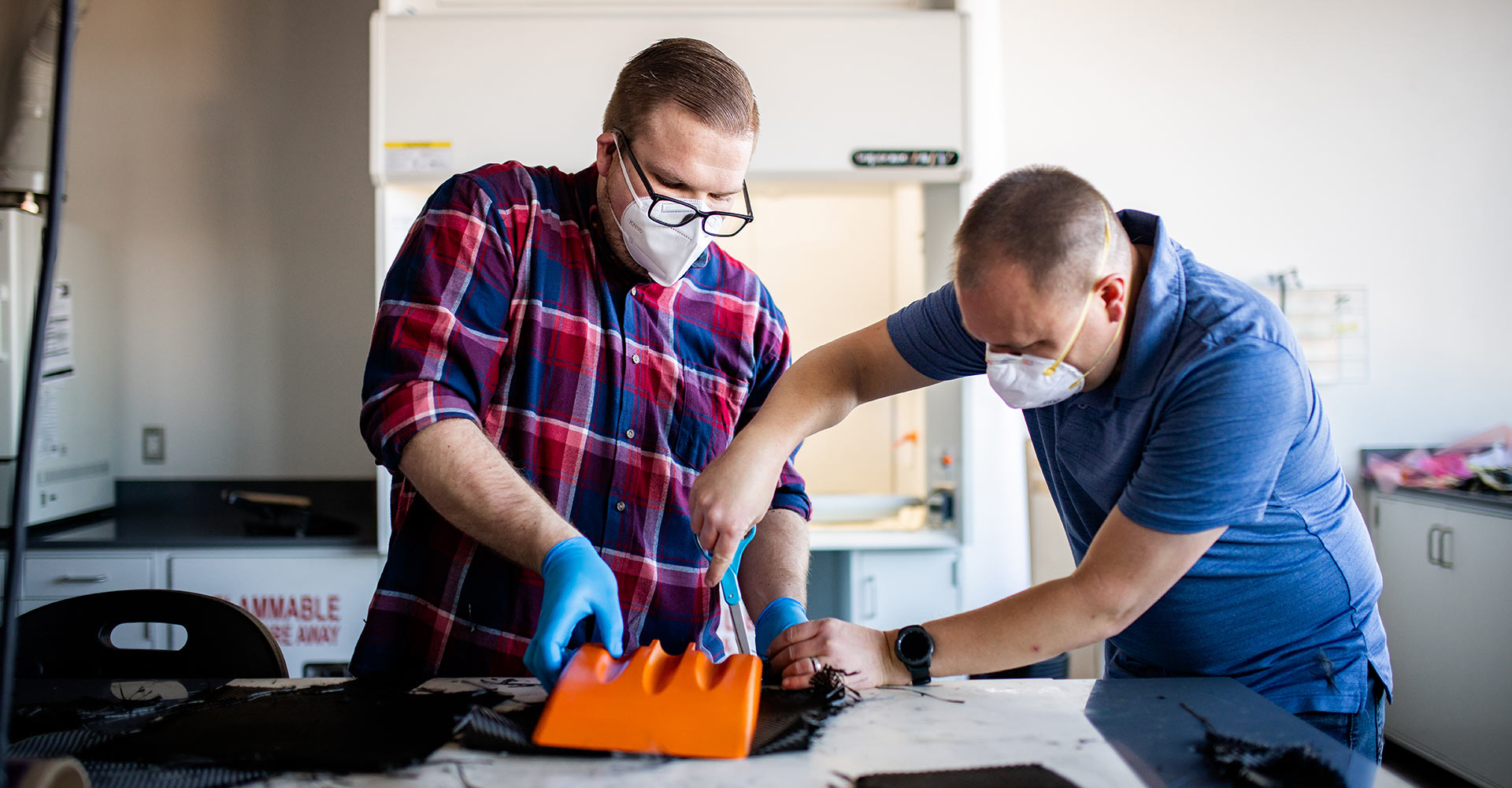
Steven Finch knew when he landed a mechanical-engineering internship at Ball Aerospace, Colorado’s renowned spacecraft maker, it would be amazing. He couldn’t have imagined that his first assignment would lead to a new product design that would save the company more than $1 million.
Finch, a senior majoring in Advanced Manufacturing at Metropolitan State University of Denver, credits his engineering-laboratory experience with giving him the tools he needed to immediately contribute.
“MSU Denver has given me a lot of hands-on learning opportunities,” he said. “Honestly, it’s one of the best things about the University. Instead of just theory, I was exposed to actual machines and processes that I know I’ll be using in the future. Without all of that, I would have had a much more difficult time at Ball.”

Jason Butler, affiliate faculty professor and lab coordinator for the Advanced Manufacturing Sciences Institute at MSU Denver, said he’s always excited when he hears about the success of MSU Denver students in industry. But increasingly, he’s not surprised.
“Their success demonstrates that the collective efforts of faculty and staff are in alignment and are effectively working toward a common goal,” Butler said. “Steven is a prime example of the innovativeness, ingenuity and ambition that students of MSU Denver consistently demonstrate. Like many of our students, he’s effectively balancing a full courseload while working full-time at Ball.”
Finch’s first assignment at Ball was to design a new paint mask for the corporation’s paint lab to replace a model Ball was purchasing from a supplier. His first step was remembering the classes he took and the experience he got in 3D printing at MSU Denver. The manufacturing process, also known as additive manufacturing, uses computer-aided design to layer materials and create three-dimensional objects.
RELATED: Smartphone or Laptop? Phonebook is both
“I had learned from my courses that additive manufacturing allows you to construct complex geometries that you can’t make with traditional manufacturing methods,” Finch said. “I determined the best way to start the work was to use a 3D-printed mask.”
After successfully prototyping Finch’s designs, Ball opted to go into full production with the masks. The company found that Finch’s mask design was ideal and that making them in-house would save the company more than $1 million.
“It really was a great experience,” Finch said. “I had to work through the whole engineering process: brainstorming, research, drafting and design, materials, prototyping, design review, testing, writing instructions and developing a sustainability plan.”
All of Finch’s 3D-printing experience came from his MSU Denver coursework, including classes in 3D printing and the theory of designing for 3D technologies and a certificate program for additive manufacturing. In MSU Denver’s labs, he gained experience with the most common software program for 3D printing and practiced using some of the world’s best 3D printers.

RELATED: Colorado space careers ready for blastoff
Lab coordinator Butler says many students, parents, educators and industry officials are surprised to see the technical lab spaces available on campus that provide hands-on learning experiences and research capabilities using some of the latest advanced-manufacturing and testing equipment available in the industry.
Finch said that because the paint-mask project was so successful, he expects to be hired full-time at Ball. In the meantime, Ball has asked him to work on new tooling designs to help the company prepare for future production using 3D-printing technologies.

